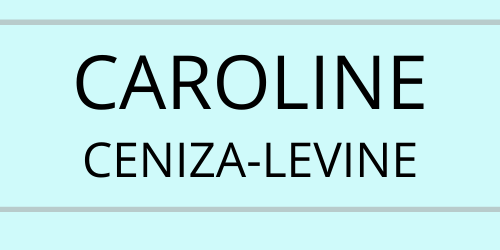Ineffective time management is one possibility for why you might not be reaching your career goals.
Time allocation is often a big culprit – are you spending time on your goal?
With many job seekers, aspiring career changers or budding entrepreneurs that I see, there is a disconnect between what the client wants to happen and where the time is being spent. If you think you might be spending time on the wrong efforts, here are three time management strategies to help you get back on track for your career goals:
Keep a time diary
Like a food diary or a spending diary, a time diary is a no-judgment log of what actually happens with your time. If you find yourself wondering where all your time goes, the time diary is the best way to actually see where the time goes. Ideally, you keep an account by the half hour, and you keep the time diary for at least a couple of weeks so you can start to see patterns.
Once you have activities written down, take it a step further and assign each activity to a goal or objective – e.g., day job, family, fitness, career goal, etc. This forces you to reconcile what you’re doing with why you’re doing it. For clients who do manage to keep a time diary, the key takeaways are twofold: 1) time is often spent on goals or objectives that don’t really matter; and 2) things take longer than you assume which is why too much is planned for any given day. Armed with your time diary, you will be in a better position to schedule out your days and to prioritize activities that actually matter.
Do a little each day
Too often, big goals are attacked in spurts – a job search starts with a long day of Internet research, fiddling with the resume and all-out networking on social media. Then, the momentum wanes and soon its days and weeks before you follow up or target new leads. Instead of a few long spurts followed by inactivity, opt for shorter but more regular bursts of activity. For a job search, this means you spend an hour on your marketing, then the next day on research, then the next day on social networking, then the next day on live networking, etc. You mete out the activities so they cover the full week, and then you can repeat for the following week.
Hopefully the time diary can keep you accountable as to how much you’re doing on your career goal each and every day. Many career goals can’t be crammed. You can’t network in a hurry. You can’t rush the hiring process. You can’t predict when companies will have openings, so you need to be available to the market all the time. Other career goals – career change, advancement, entrepreneurship – have similar ongoing requirements that can’t be crammed. Focus on a little each day, rather than starts and stops. Commit to this for just 30 days – you can go back to your all-or-nothing approach after 30 days if you really want to – but try it genuinely and you won’t go back.
Match your energy to your tasks
In addition to spending the time and spreading your activity out each and every day, you also want to make sure you give quality time to activities that require the added push or extra concentration (as many career goals do). Motivation and concentration wanes as the day progresses, so for most everyone except the most die-hard night owls, earlier in the day is better for your thinking work. When you need to research companies, draft a cover letter, formulate a strategy to get introduced to a key decision-maker, save these activities for the earlier part of the day. Also try and alternate heavy-focus and lighter activities if you need to do several in the same day. So pair research with live networking, so you vary your energy and focus requirements.
What are your favorite time management strategies for working through a big goal?






